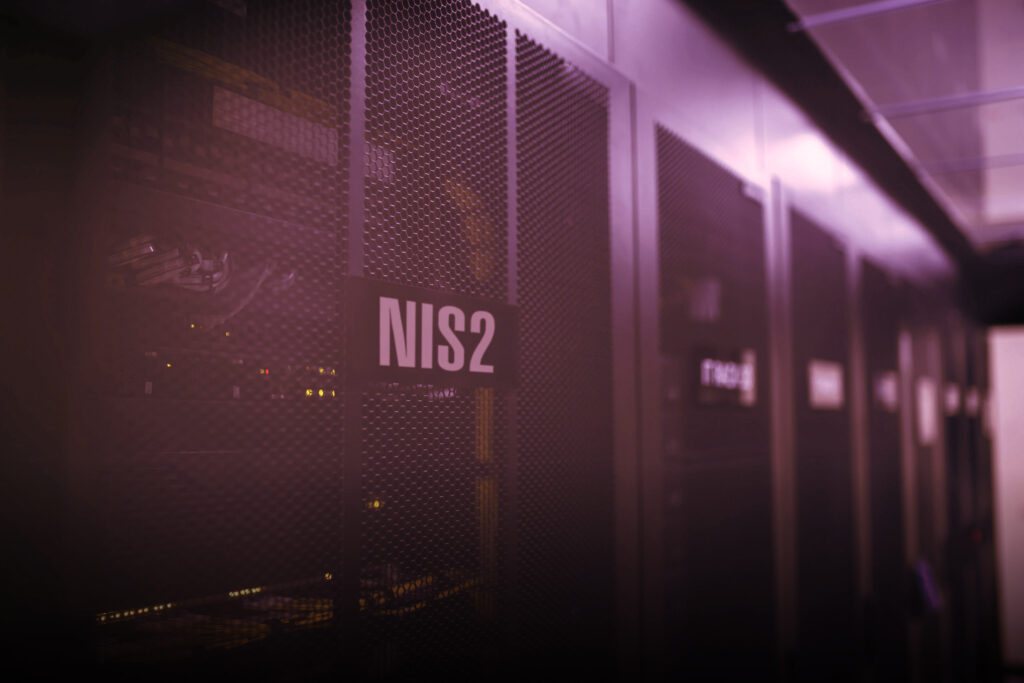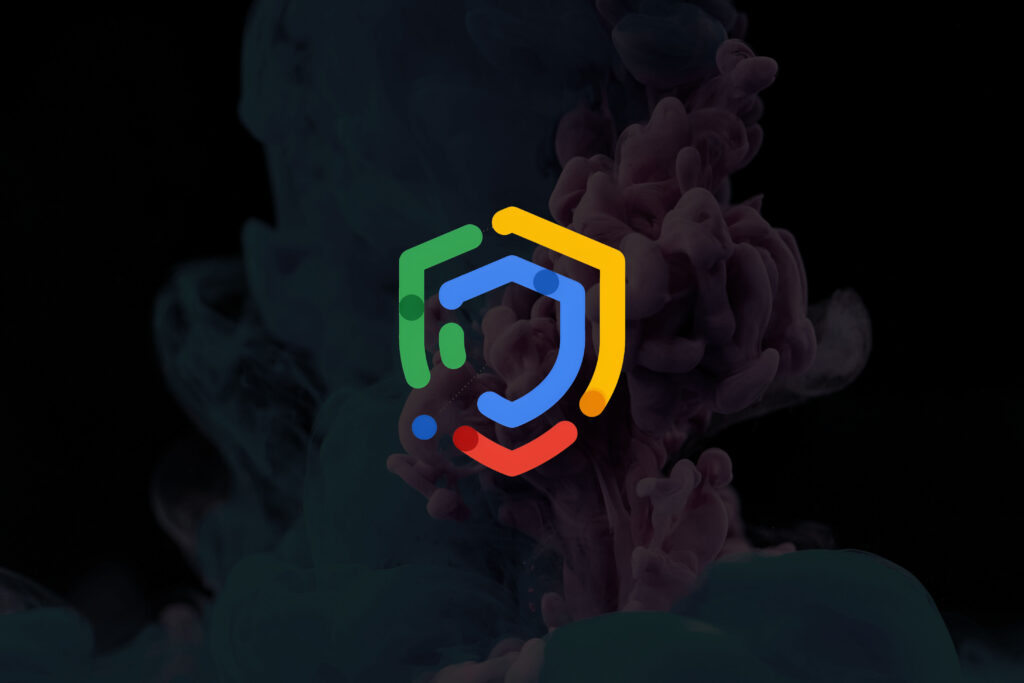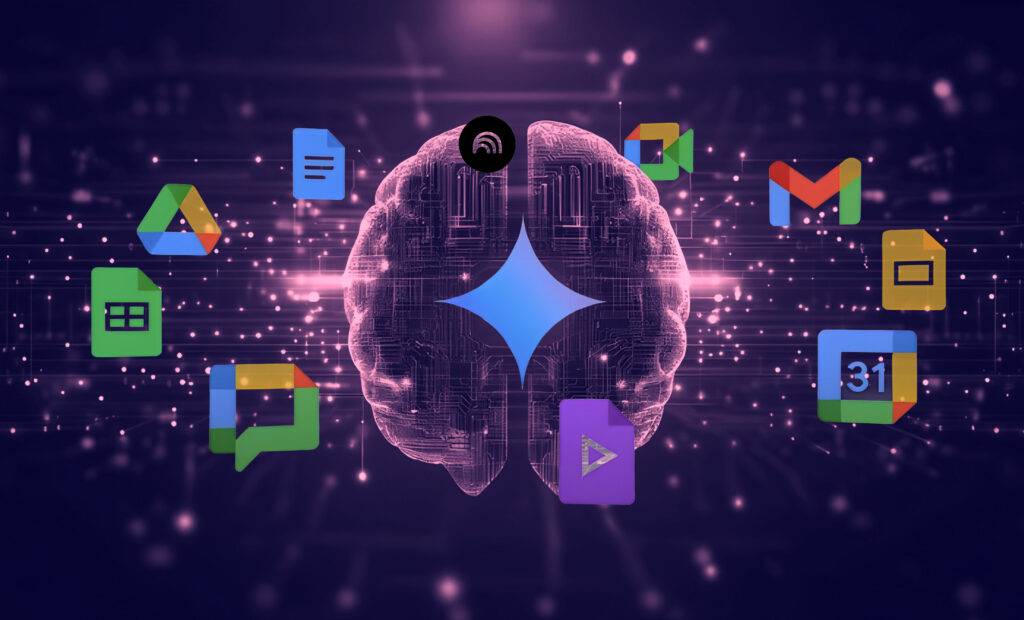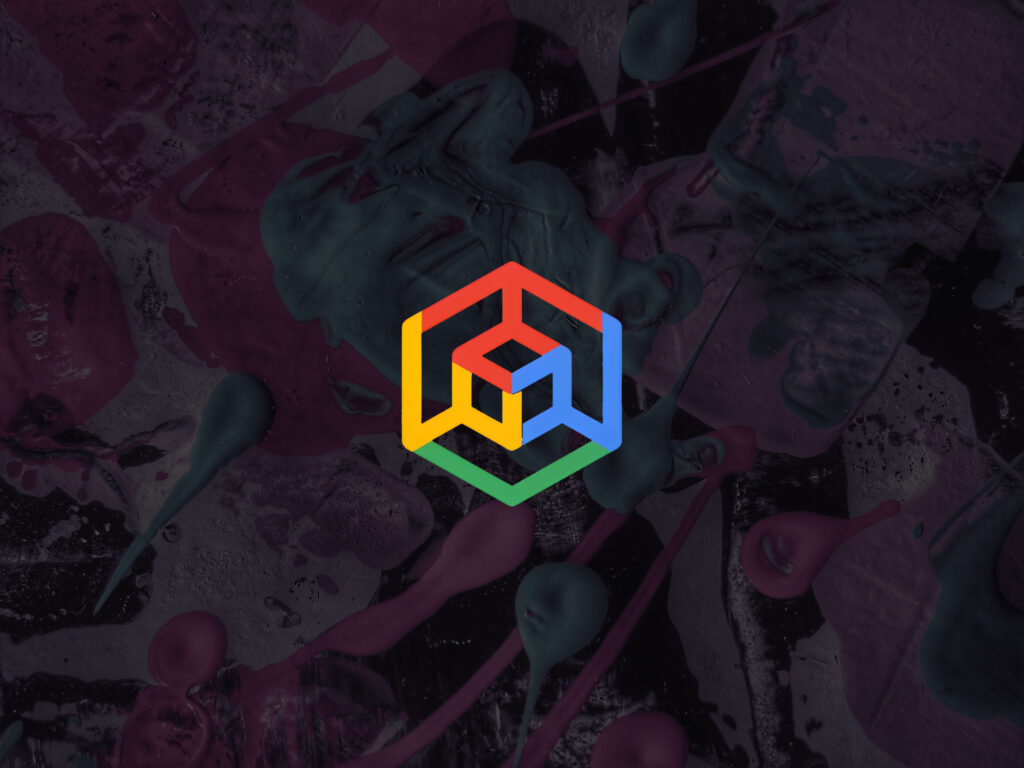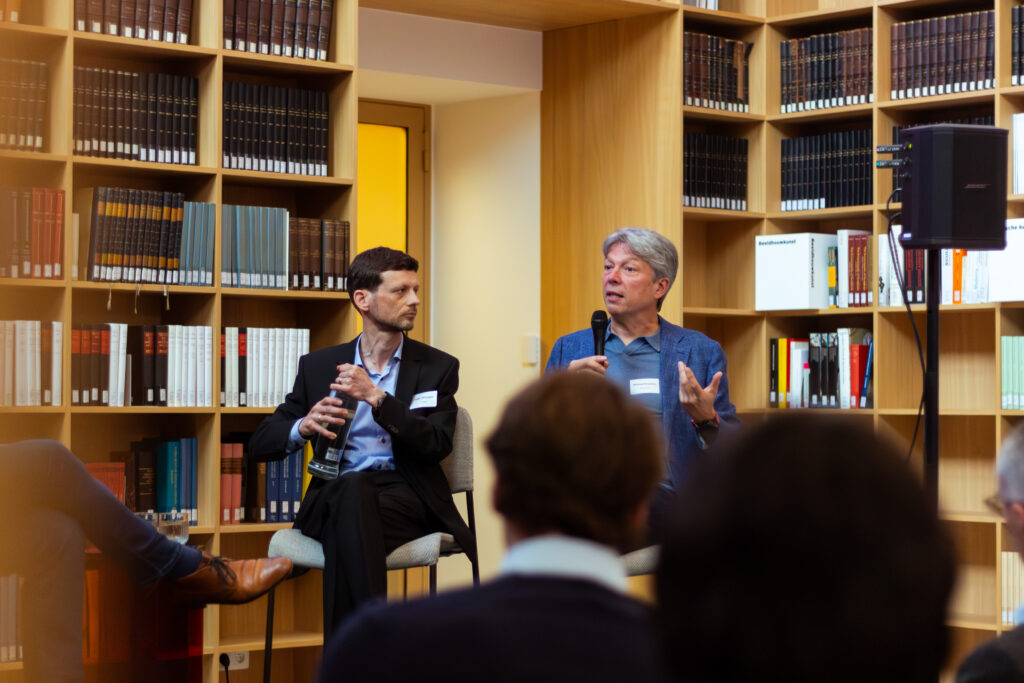We still remember the 2017 edition of Google Cloud Next. It was relatively small, but Google told an engaging, inspiring story that was all about innovation. In the years since then, Cloud Next grew significantly and shifted focus as Google pivoted more towards the enterprise market. If you ask us, the 2023 edition was a true return to form. In this blog, we’ll share our perspective and highlight some of the key announcements. Let’s dive in!
Innovation Is Back
After three virtual editions and a surge in interest for generative AI, we were keen to find out what Google would come up with for the first in person Next in a while. We’re happy to report that the event exceeded our expectations, with a renewed focus on innovation and more than 160 (mostly AI-related) announcements. Perhaps most impressive of all is that Google plans on rolling out everything they’ve announced between now and Q1 of 2024, with a large chunk becoming generally available soon.
AI Front and Centre
Google is clearly building on their strong leadership history when it comes to developing AI technology, and at Google Cloud Next they showed that they are committed to staying at the forefront of innovation. The impact of this fast-paced evolution is enormous. We like to compare it to the industrial revolution. And just like the industrial revolution was driven by steam, Large Language Models (LLMs) are the main resource in the current intellectual evolution. This shows the impact Google has on this domain, as they had a tremendous share in the development of LLM Models.
The logical next step is to make generative AI accessible for the B2B market, so it’s not surprising that the common thread in nearly all sessions was Duet AI. Google clearly wants to integrate this new assistant in as many functionalities, platforms, and solutions as possible. Here are a few examples to illustrate the many possibilities.
- Help you work more efficiently in Gmail, Docs, Sheets and Slides
- Automation visualisations in Looker
- Building applications in AppSheet
- Supporting security processes in Chronicle
- Various DevOps functionalities in Google Cloud
Besides Duet, Vertex AI also received its fair share of attention. This consolidated environment lets you set up, use, and improve AI and ML models, as well as push them to production. Google’s focus on lowering the entry barrier is clearly working. They shared a series of references that show an increasing number of AWS and Azure clients turning to Vertex AI to help them build, deploy, and manage machine learning models more efficiently and effectively. From our own experience, we see that Vertex AI is often the first step to Google Cloud for new customers.
Developer-First Experience
Besides the many Duet and Vertex AI announcements, the developer keynote also stood out. The Legacy Land song brought a smile to our face, but it also stressed how important a modern way of working is to Google. As expected, the keynote also contained plenty of announcements on how AI will make developers’ lives easier.
If you ask us, this is where Google stands out: they put the developer experience first and always ensure an intuitive user experience. For example, developers can now use AI to quickly and efficiently perform security checks. Google also announced generative AI capabilities for AppSheet, with some exciting implications. Someone without technical knowledge can now use natural language to instruct an AI model to create an application, and thanks to low-code, it will happen in no time.
An AI Powerhouse
At the start of this year, there was a lot of talk about how Google missed the AI wave. The company that called itself an AI-first business in 2016, has two world-renowned research groups (DeepMind and Google Brain), and whose Transformer is the very foundation of GPT models like the ones driving ChatGPT. How could they let OpenAI and other competitors pass them by in November of last year?
As observers, we see two main reasons. There is a strong focus on using AI in their own solutions, and Google is famously careful to avoid legal and political consequences. A lot has changed since then, and Google Cloud now has a strong position in the enterprise market. The early availability of Duet AI compared to Microsoft Copilot is definitely a strong signal.
We’re definitely excited for the future and convinced that this is just the beginning. Luckily, our position within The Cronos Group enables us to follow things closely. Are you curious to find out what these developments could mean for your organisations? Get in touch, and let’s connect the dots together!
